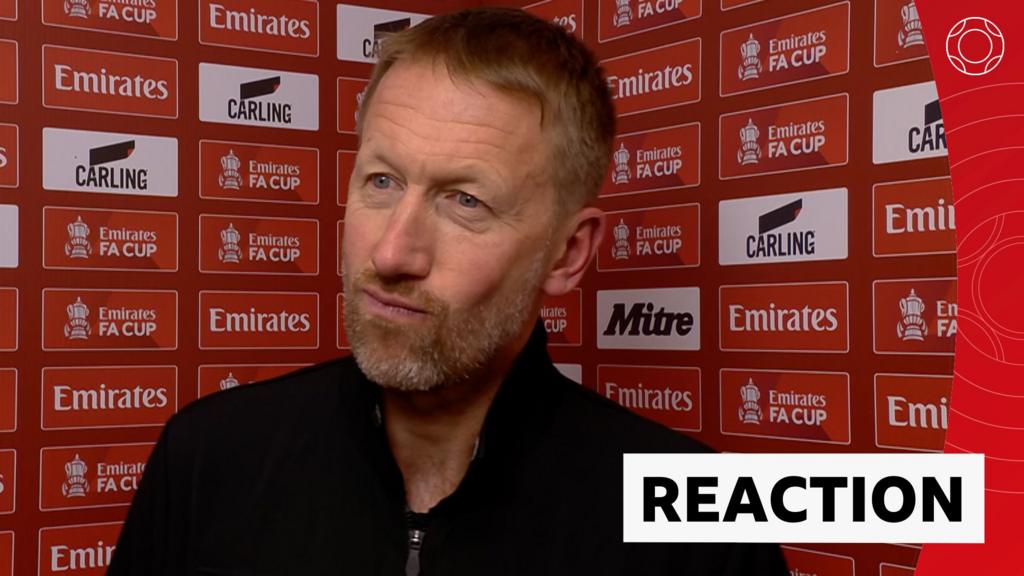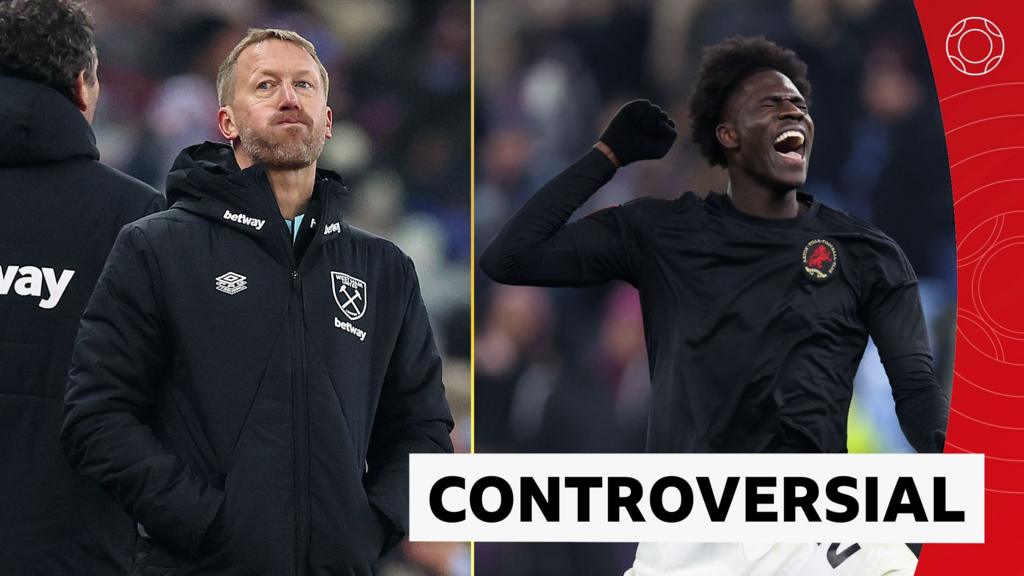ARTICLE AD BOX
Rugby Football Union chief executive Bill Sweeney's future will be voted on by clubs across England after his critics forced the governing body to call a crisis summit.
The RFU had rejected a petition on Thursday, saying it lacked the number of signatures needed to trigger a meeting of its near 2,000 clubs and organisations.
The rebel movement against Sweeney accused the RFU of "merely postponing the inevitable", insisted it had the support required under constitutional rules and would resubmit its paperwork to prove it.
Within 24 hours, the RFU has conceded a special general meeting, to discuss a motion calling for Sweeney's removal "as soon as practicably possible", will be held after the men's Six Nations concludes on 15 March. An exact date will be announced within two weeks.
While Sweeney retains the support of the RFU board, who ultimately decide his future, a significant vote against him from members would ratchet up the pressure.
"The notice to request an SGM contained a significant number of inaccuracies, however, the RFU respects the right of its members to call for an SGM and for their views to be heard," read a statement from the governing body.
Bill Beaumont, who served as World Rugby chair until last year, was brought back to the RFU as interim chairman after the crisis, fuelled by anger over bonuses paid to Sweeney and other executives, prompted Tom Ilube to step down from the role.
Beaumont has written to the RFU's member clubs, defending the RFU management and calling for unity. He admitted, though, there are justifiable concerns around a bonus scheme that resulted in Sweeney being paid £1.1m in a financial year which also included record financial losses for the RFU, job losses and a poor run of form from England's men's team.
"Objectively, we should ask whether English rugby, in the aftermath, was managed effectively," wrote Beaumont. "Having seen all countries wrangle the same problems, I can say with confidence, in comparison to many other countries, the RFU has come out of this period very well.
"The RFU did not receive any government or World Rugby loans. It did, however, successfully negotiate support on behalf of community clubs, and facilitated professional clubs' access to government loans, which ensured rugby received more financial support in England than any other sport.
"There is much work needed to reset and come together as a united game, and I am committed to supporting that."
Former England captain Beaumont will also tour England during January and February to meet with grassroots clubs.
"We all want winning men's and women's England teams, and this can't happen without a thriving community game," he added in his letter.
"I want us to have unity, and the stability required to deliver this. If we work together, we will succeed. If we work against each other, English rugby will not be the winner on or off the pitch."

 3 hours ago
1
3 hours ago
1








 English (US) ·
English (US) ·